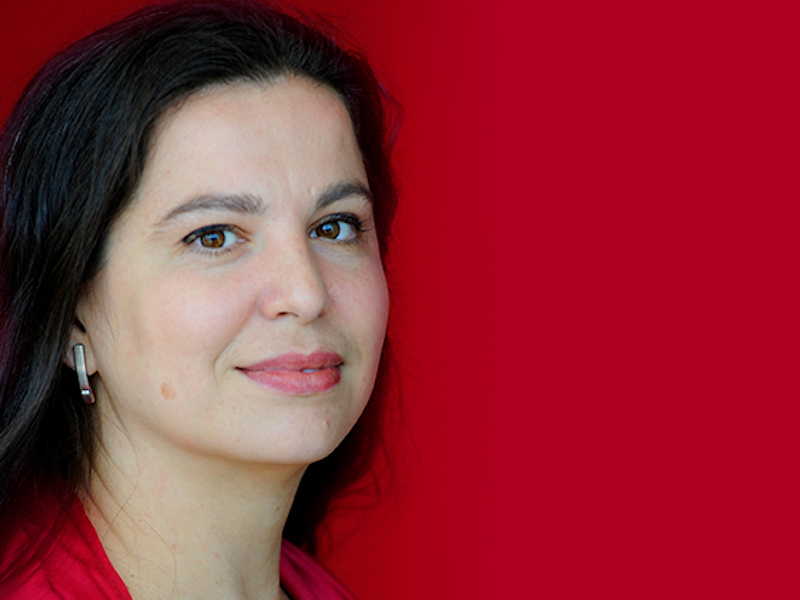Graduate Certificate Program in Music Theory Pedagogy
Designed to augment and refine students’ understanding of the various theoretical systems and methods that are the backbone of the entire undergraduate and graduate theory curriculum. In order to qualify for consideration for admission to the program, students must be enrolled in one of SMTD’s doctoral programs and have satisfied all of the elements of the Transfer Proficiency Examination, including the 20th-century component.
Curriculum
The program consists of five courses totaling 15 hours of graduate credit, plus an oral examination. Four courses are required, while the fifth is elected in consultation with the student’s Certificate Program advisor. The required courses include:
- THEORY 531 (Schenkerian Theory and Analysis I)
- THEORY 534 (20th Century Music: Theory and Analysis)
- THEORY 542 (18th CEntury Counterpoint I)
- THEORY 590 (Teaching Tonal Theory)
These courses are chosen to augment and refine students’ understanding of the various theoretical systems and methods that are the backbone of the entire undergraduate and graduate theory curriculum. These include the theories of harmony, counterpoint, form, and more, not only in music of the common practice period but of the past century as well. Though Heinrich Schenker’s method is the only one here identified by name, all of these are recognized systems of thought in the field. Schenker’s approach synthesizes hands-on skills like figured bass realization with more intellectual tasks, and it is thus a suitable culmination to studies in music theory.
The fifth course may be elected from:
- THEORY 532 (Schenkerian Theory and Analysis II)
- THEORY 537 (Proseminar in the Analysis of Music)
- THEORY 540 (Species Counterpoint I)
- THEORY 543 (18th Century Counterpoint II)
- THEORY 552 (Tonal Composition)
or other suitable courses, such as:
- THEORY 560 (Special Studies) Recent offerings have included Analysis for Performance, Advanced Schenkerian Analysis, Gender and Popular Music, Tonal Harmony as an Expressive Resource, ‘Difficult’ Music, and Writing about Music.
Any of these courses may supplement the four required courses, depending on the particular special interests of the student.
While the four required courses need not be taken in any order, it is highly recommended that THEORY 542 be taken concurrently with, or before THEORY 531. The fifth course may be elected at any time in the program, with the exceptions of THEORY 543 (which must follow THEORY 542) and THEORY 532 (which must follow THEORY 531).
In order to guarantee a sufficient mastery of the skills developed in each course, students will be required to attain a grade of “A-” or higher. Additionally, students will be subject to evaluation of all necessary skills during the final oral examination.
The final oral examination will consist of a presentation of a class on a topic chosen by a Faculty Committee of the Music Theory Department, plus a subsequent question and answer session with the committee on any and all of the skills studied during the course of the program. This oral examination serves as the final requirement for the Certificate in Music Theory Pedagogy; students who pass this exam and satisfy published requirements for coursework and grades will earn the Certificate.
Requirements
Teach a lesson (50 minutes); Ten days prior to the exam, the examinee will receive the topic for the lesson and a general description of the course for which the teaching should be imagined. The teaching will typically be in one of the following areas:
- a topic in harmony at the first or second year level
- a topic in analysis
- model composition
The examinee will be asked to present (a) a written course outline showing the position of the lesson within the semester curriculum and (b) a 50 minute lesson on the topic. The lesson must include the following elements:
- a lesson plan
- a handout
- an assignment for the previous class, due the current one
- an assignment to be given during the current class, due at a later class meeting
- satisfactory posing and answering of questions
Evaluation of student work (20 – 30 minutes): The examinee will be asked to evaluate a student exercise in writing (model composition or part-writing) or tonal analysis, noting technical and stylistic flaws, making suggestions for improvement, and answering questions on pedagogical issues that arise from the student exercise.
The examination will be evaluated by a committee of members of the Music Theory faculty, and will be graded on a pass-fail basis. The judgment will be collective.
Final Project:
A presentation of a class on a topic chosen by a Faculty Committee of the Music Theory Department, plus a subsequent question and answer session with the committee on any and all of the skills studied during the course of the program.
Program Requirements
Degree requirement descriptions detailing course options and final project information.
Eligibility and Application
In keeping with Rackham Guidelines for Certificate Programs, students apply separately to the Certificate Program.
In order to qualify for consideration for admission to the program, students must be enrolled in one of SMTD’s doctoral programs and have satisfied all of the elements of the Transfer Proficiency Examination, including the 20th-century component. This may be accomplished by taking the exams, or successfully completing the appropriate courses.
To add the Certificate Program in Music Theory Pedagogy to your degree,
- Complete the SMTD Artistic Profile application
- Upload samples of theoretical work, including both analytical or theoretical papers and samples of music writing, such as part-writing or counterpoint exercises.
- Complete the Rackham Graduate School’s online Add a Degree or Certificate Program.
In order to be accepted into the program, students must demonstrate particular aptitude for music theoretical study. This may be demonstrated by:
- Samples of theoretical work, including both analytical or theoretical papers and samples of music writing, such as part-writing or counterpoint exercises.
- Interview by a Faculty Committee from the Department of Music Theory.
Faculty

Karen Fournier

Marc Hannaford

Patrick Harlin
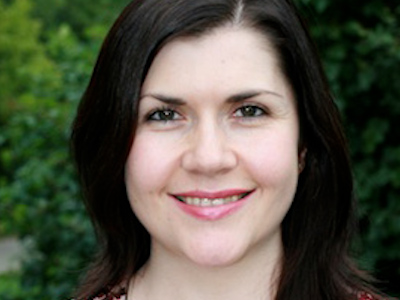
Áine Heneghan

John Knoedler
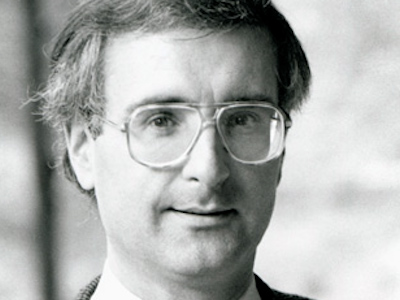
Kevin E. Korsyn
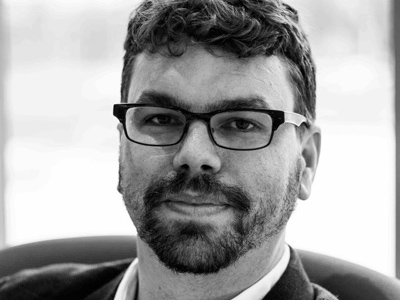
Nathan Martin
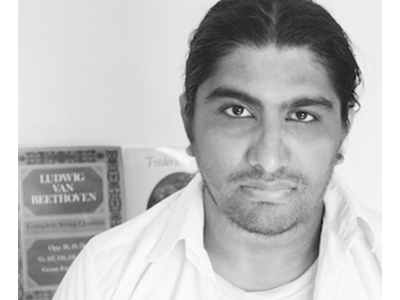
Somangshu Mukherji
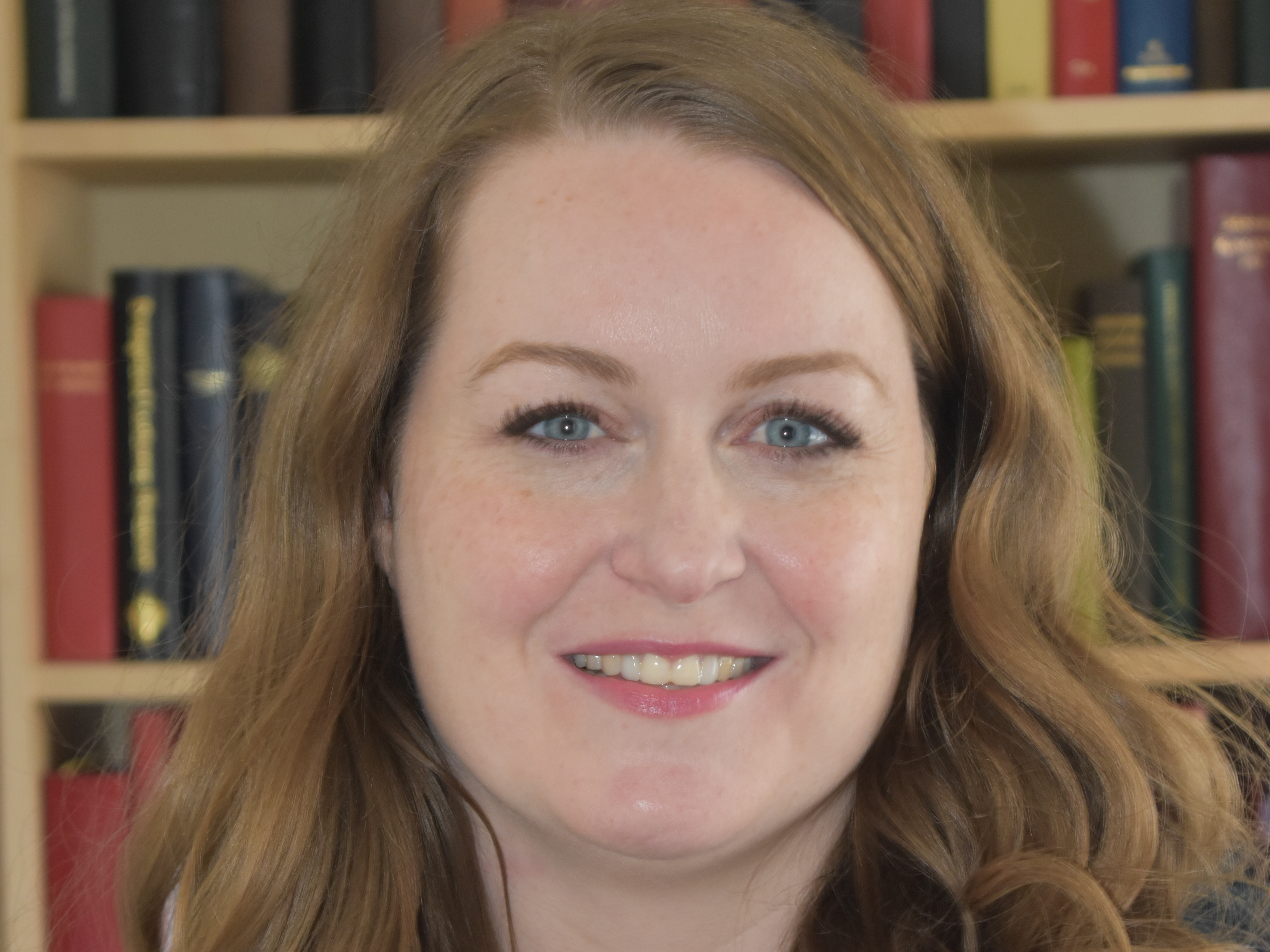
Nancy Murphy
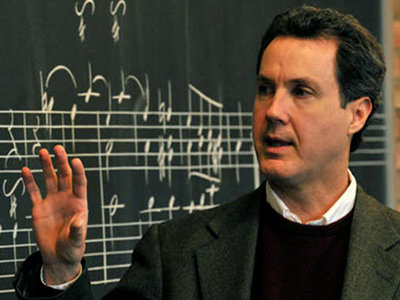
Wayne C. Petty

René Rusch

Joshua Tanis
